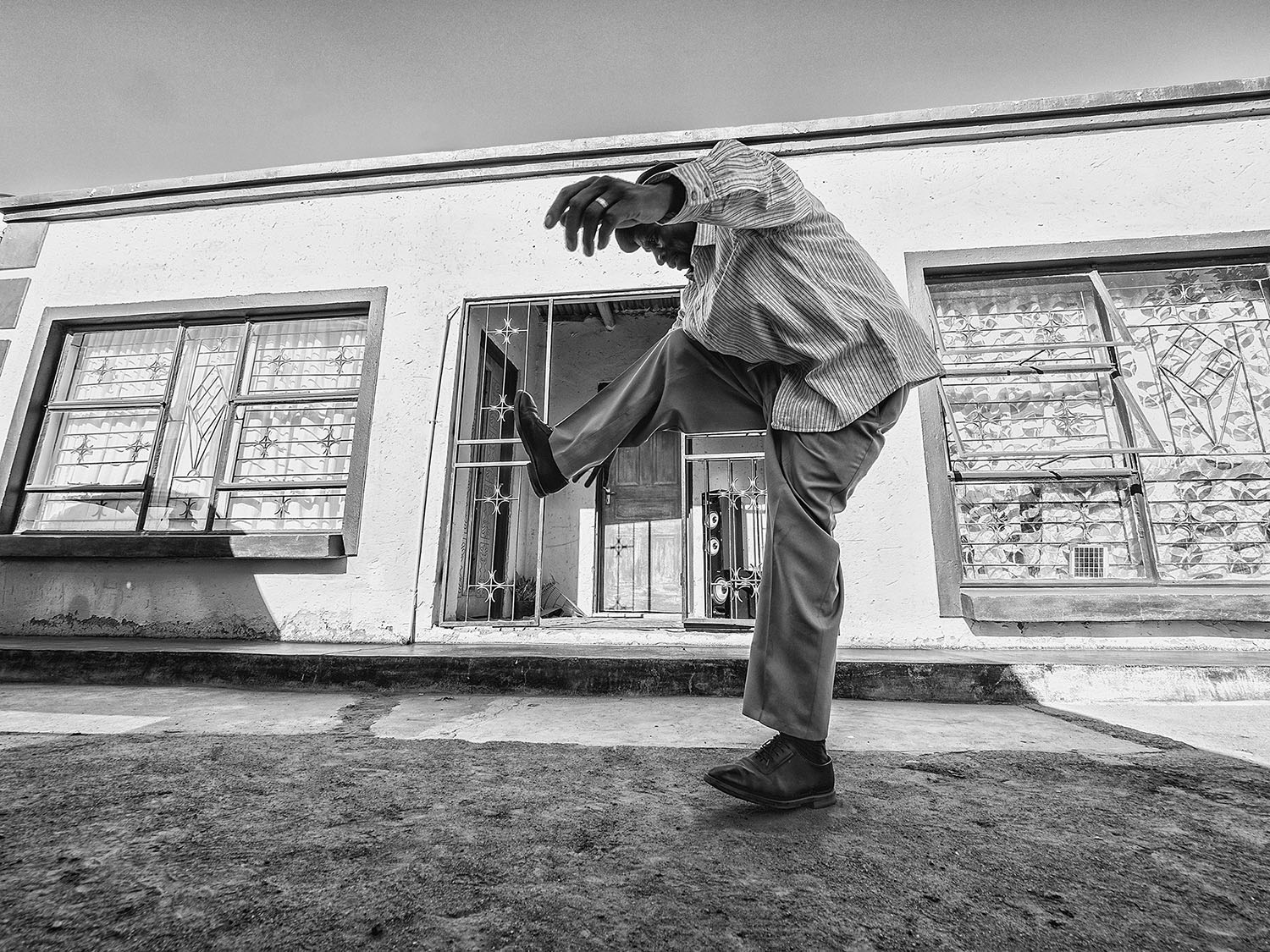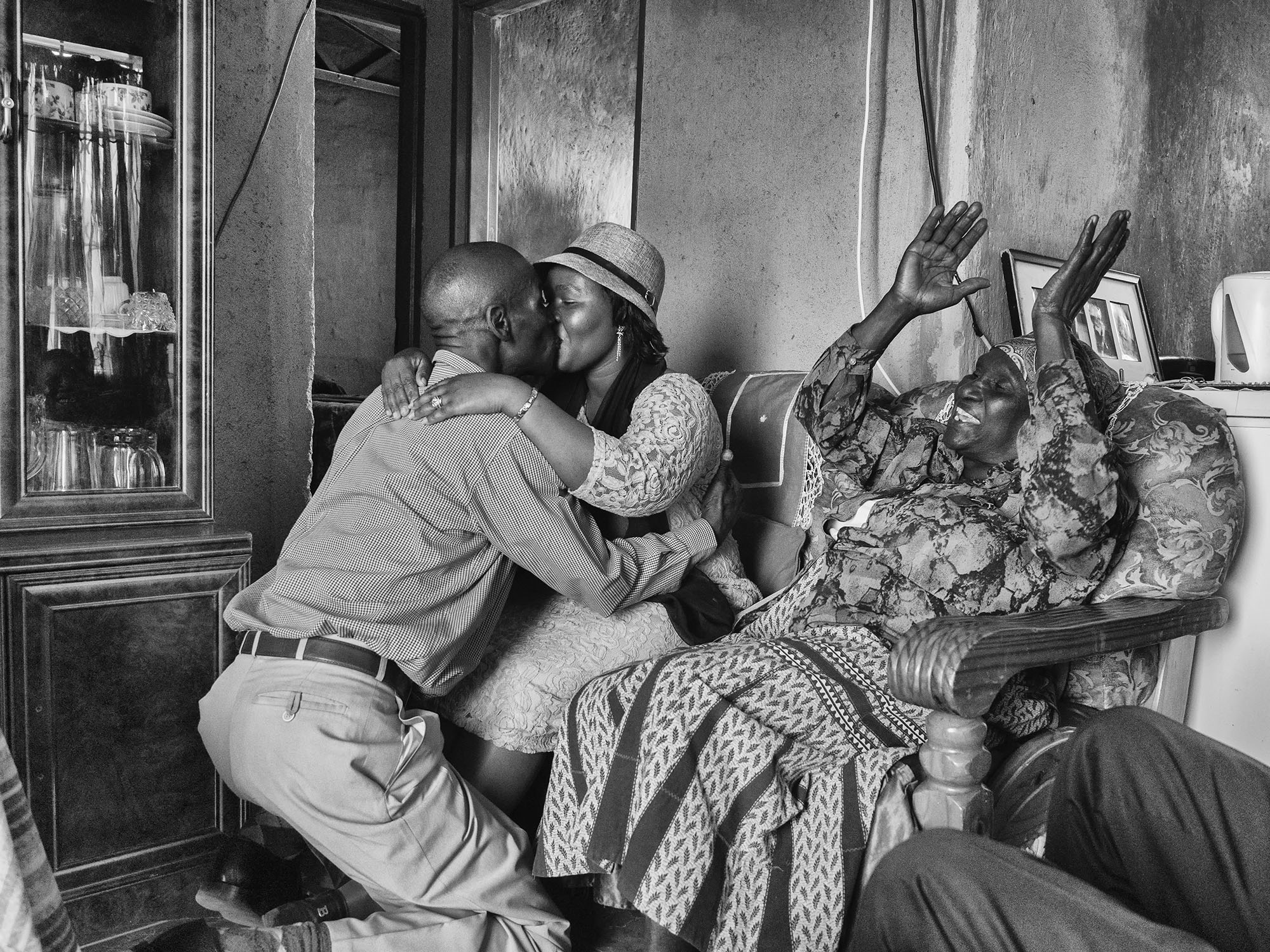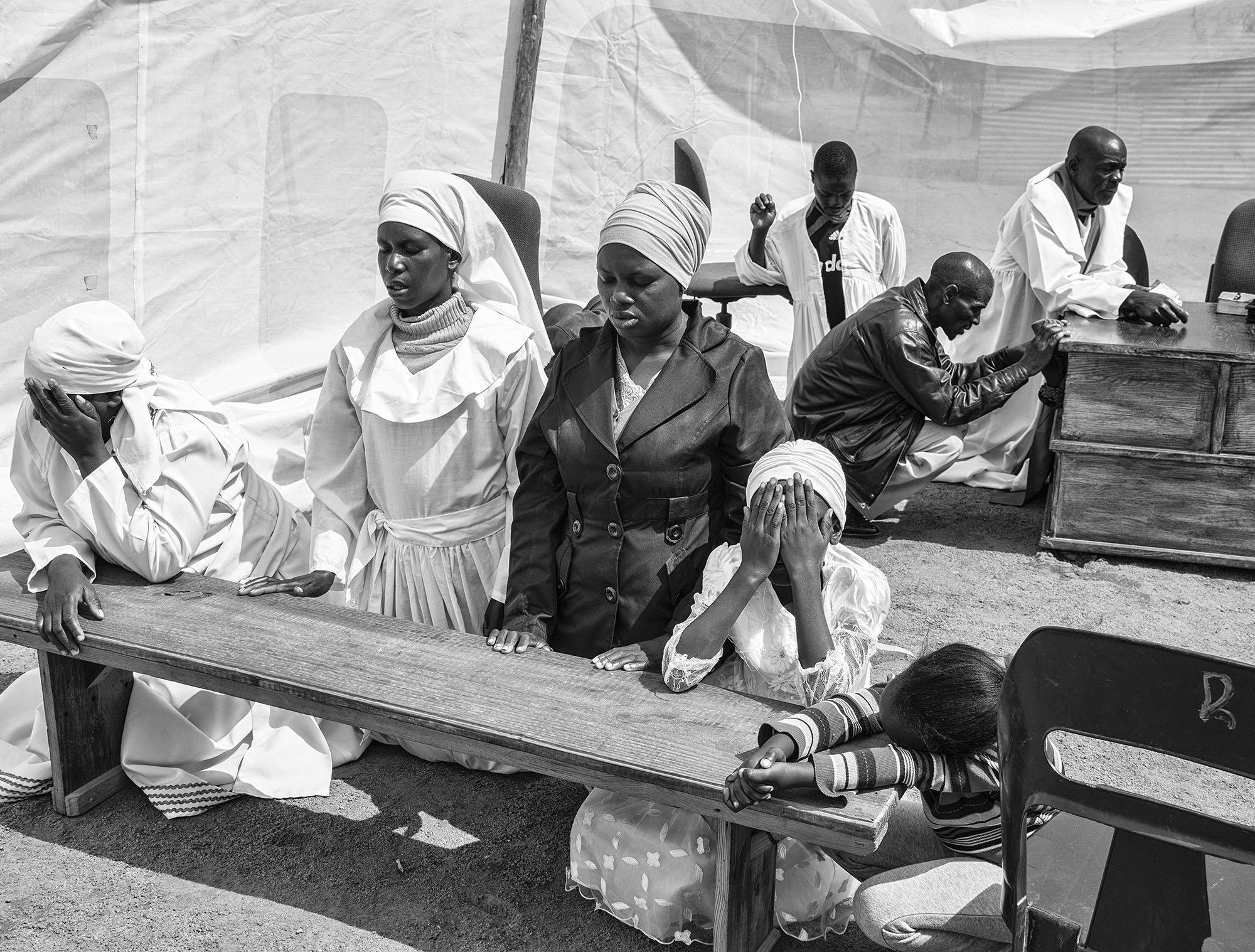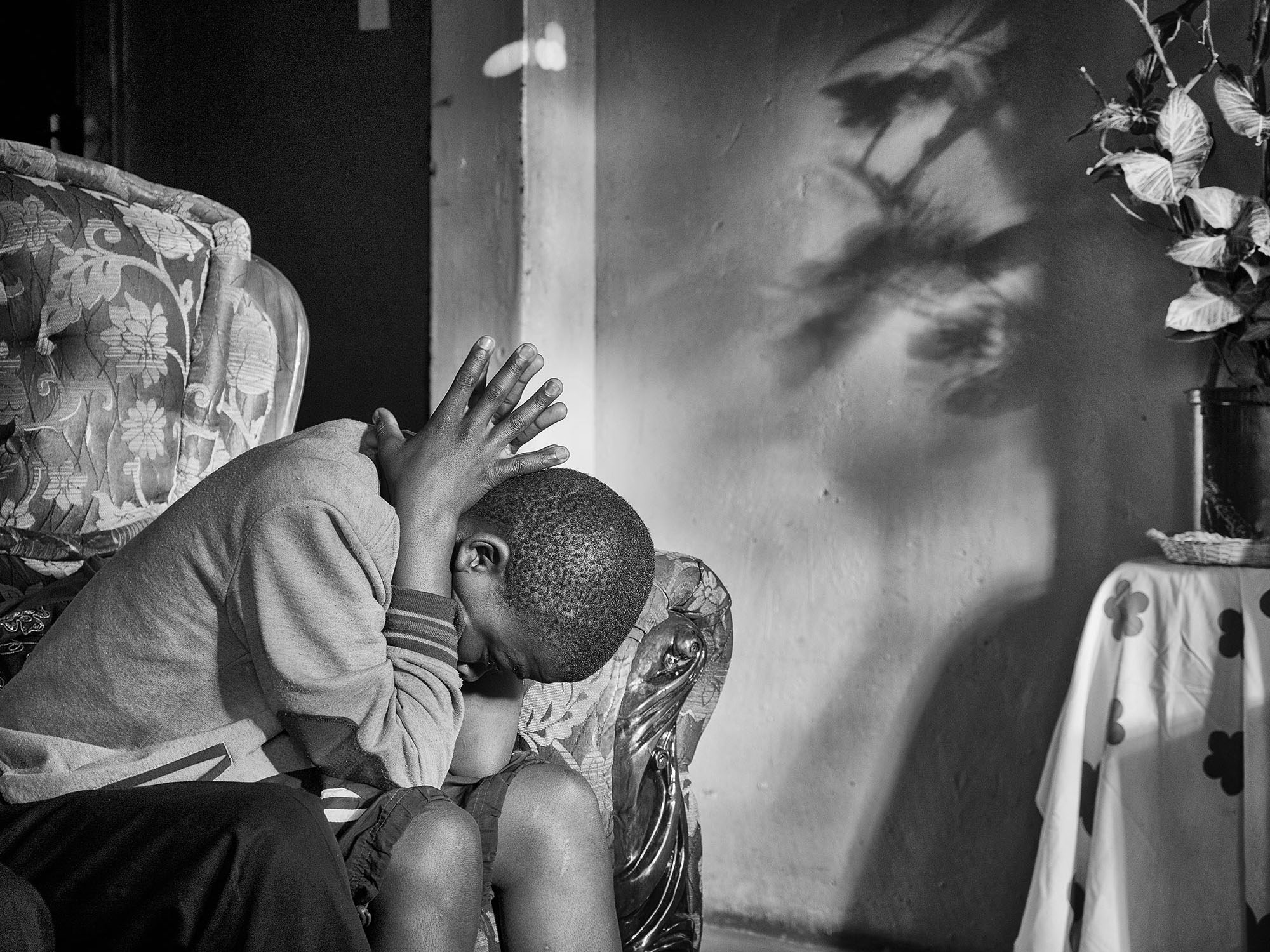Homelands book
"The breathtaking photographs…demonstrate how human beings cling to their dignity and find its expression in a myriad of ways: through art, political action, sports, and the assertion of home"
- Leilani Farha, UN Special Rapporteur on the Right to Housing
HISTORY OF THE PROJECT
HOMELANDS traces its origins to South Africa—the country of my birth and the country where I have been undertaking narrative and documentary work since 2012. The object of my affection is Woodlane Village, a squatter camp located in the affluent suburb of Moreleta Park, Pretoria.
I was initially draw to this community because of its unique history. Woodlane Village comprises 846 households representing around 3,000 people from Zimbabwe, Lesotho, Mozambique, and provinces in South Africa. Most of the residents are political and economic migrants. The informal settlement is contested. It was created as a temporary camp by court order in 2009 following legal advocacy by Lawyers for Human Rights (NGO).
The Village is a microcosm for many of the pressures South Africa is experiencing around land, migration, housing, the polarization of classes and the entrenchment of an economic form of segregation.
HISTORY OF THE PROJECT
HOMELANDS traces its origins to South Africa—the country of my birth and the country where I have been undertaking narrative and documentary work since 2012. The object of my affection is Woodlane Village, a squatter camp located in the affluent suburb of Moreleta Park, Pretoria.
I was initially draw to this community because of its unique history. Woodlane Village comprises 846 households representing around 3,000 people from Zimbabwe, Lesotho, Mozambique, and provinces in South Africa. Most of the residents are political and economic migrants. The informal settlement is contested. It was created as a temporary camp by court order in 2009 following legal advocacy by Lawyers for Human Rights (NGO).
The Village is a microcosm for many of the pressures South Africa is experiencing around land, migration, housing, the polarization of classes and the entrenchment of an economic form of segregation.
LIVING THROUGH STORY
When I first arrived here in 2012, I was curious about how residents made sense of their lives. I wanted to understand how people experienced home and belonging in a community that straddles the tension between social inclusion and exclusion. How do personal journeys, memories, and imaginations shape these concepts?
Over the span of two years, I focused exclusively on relationship-building and collecting stories. With informed consent, I recorded and transcribed hundreds of hours of conversations. Through this process, I met and befriended Donald who was a community leader at the time.
This book contains an abridged version of the story of home and belonging that Donald shared over an extended period of time. It provides a personal perspective on the complexities of life in South Africa today.
MY PROMISE TO DONALD
Early in our collaboration, Donald confided that he had long desired to have his story told. But he never had the means to do so. This book represents my promise to carry his story forward.
The book shows the beauty of everyday moments in an informal settlement. Portraits, still life images, and scenes of daily life are woven together to provide an intimate view of Donald’s world.
Donald's story is the beating heart of this book. His narrative personifies my homeland. A place of promise and heartache, a place of perseverance and faith, a place where personal histories reveal complex social truths.
ABOUT THE CONTRIBUTORS & THE PUBLISHER
Donald Banda was born in South Africa. He grew up in Pretoria East close to where Woodlane Village is situated. Donald has a stand in Woodlane Village and has lived in the community since its establishment. In late 2017, he relocated with his wife, Rose, to another informal settlement near the township of Mamelodi. Donald is the former chair of the executive committee of the Village.
Leilani Farha is the UN Special Rapporteur on the Right to Housing. A lawyer by training, for the past 20 years Ms. Farha has worked both internationally and domestically on the implementation of the right to adequate housing for the most marginalized groups. In her current work she continues to promote a human rights-based approach to poverty.
Stephan de Beer grew up in the inner city of Tshwane which instilled in him a passion for urban centres and their potential to be real and sustainable homes for all people. He studied theology but always with a commitment to the urban vulnerable and poor. In 1993, Stephan sensed that urban churches were ready to engage in reviving their parishes. He united six into a charitable trust that became the Tshwane Leadership Foundation, with the knowledge that urban regeneration efforts had to become more radical, holistic, and transformative. Today, Stephan is the Director of the Centre for Contextual Ministry at the University of Pretoria where he focuses on the training of community leaders for contextual engagement in their communities.
Daylight Books is a non-profit organization dedicated to publishing art and photography books. By exploring the documentary mode along with the more conceptual concerns of fine art, Daylight’s uniquely collectible publications work to revitalize the relationship between art, photography, and the world-at-large.
HOMELANDS is published by Daylight Books (AVAILABLE HERE).





